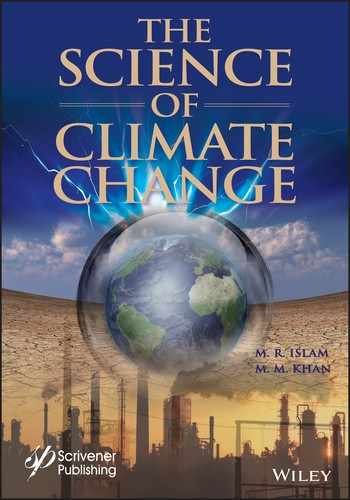Book Description
It has long been recognized that science is the pursuit of knowledge, knowledge is power, and power is political. However, the fantasy of science being apolitical is a hallmark legacy of the enlightenment era, an era that romanticized pursuit of knowledge, disconnected from the baggage of power, politics, and dogmatic assertions. Yet, while the age of information has exponentially increased our access to knowledge, we can see, as clearly as ever, that scientific knowledge is neither apolitical nor dogma-free, and it certainly is not disconnected from power. It is hard to imagine another era when the separation between science and politics has been this blurred as it is today. At the same time, it is true that no other topic than climate change has been so politically charged, with one side dominating the scientific narration and branding anyone opposing the mainstream as a “climate change denier,” and the other standing in staunch defiance that climate change exists. In an age of political and scientific turmoil, how can we navigate out way to coming towards a more objective understanding of the scientific issues surrounding the climate change debate?
This book presents the current debate of climate change as scientifically futile, on both sides of the scientific, and often, political, spectrum. The climate change debate has become like obesity, cancer, diabetes or opioid addiction, which is to say that the debate should not be if these maladies exist, but rather, what causes them. Instead of looking for the cause and making adjustments to remove those causes from our lifestyle, a combination of the capitalist drive towards mass production and a lack of identifying the roots of the problems, new solutions, or substitutes, have been proposed as “quick fixes” to the problems. This book identifies the root causes of climate change and shows that climate change is real and it is also preventable, but that it can be reversed only if we stop introducing pollutants in the ensuing greenhouse gases. The book brings back common sense and grounds scientists to the fundamentals of heat and mass transfer, while at the same time disconnecting politicking and hysteria from true scientific analysis of the phenomenon of global climate.
